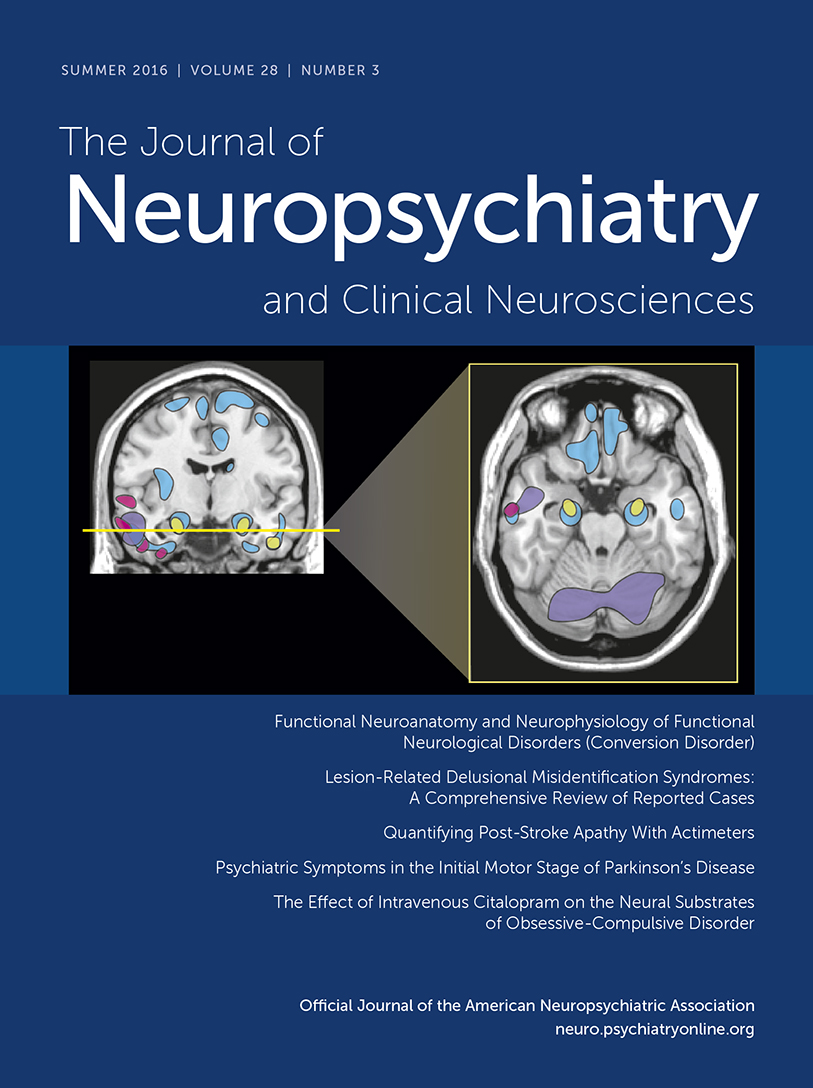Translational Neuroscience: Toward New Therapies

In their Translational Neuroscience: Toward New Therapies, editors Karoly Nikolich and Steven E. Hyman have worked with some of the foremost international experts on translational neuroscience to create a volume that addresses some of the most important contemporary issues in neuropsychiatry. The purpose of this work is twofold: to report on the deliberations of the 17th Ernst Strungmann Forum and to inspire the scientific community. In the editors’ own words, “We hope that the ideas contained herein will fuel a radical change in translational neuroscience and initiate efforts to create new, effective therapies that will benefit the millions of people who suffer from the devastating impacts of brain and nervous system disorders” (p. 6).
To accomplish these goals, the book as a whole is divided into four parts, to address several of the crucial issues involved in the development of translational neuroscience. In the first two parts, the authors examine deeply the issues complicating the development of therapeutics for neurodevelopmental and neurodegenerative disorders. In the third and fourth parts, the authors attend to more general issues in translational neuroscience, looking at how to develop the tools and models necessary to interrogate neuropsychiatric disease. Outstanding experts in the corresponding subject matter author each chapter, with 40 contributors in all, and each chapter is allowed to develop its subject matter on its own terms.
While this approach allows each individual chapter to succeed, it is also the greatest difficulty facing the reader who wishes to digest this work as a whole. First, there is some heterogeneity in the way that scientific methods are discussed. There are several highly technical topics that are discussed without any introduction or explanation. Prominent here are genome-editing techniques, such as TALENs and CRISPR. By contrast, the use of induced pluripotent stem cells (iPSCs) to study human neuropsychiatric disease received an entire, particularly excellent, chapter by Lee L. Rubin. Second, there is also some redundancy of material, such as in the several treatments of the Research Domain Criteria across multiple chapters. Because of these concerns, the work is best approached as a collection of relatively independent chapters or sets of chapters to be consulted for their individual expertise than as a book to be read straight through. Nevertheless, this book is highly effective as a call to arms, to get the reader excited about the possibilities for the development of the tools needed to investigate neuropsychiatric diseases properly, and it leaves the reader with something crucial: the desire to know more.
Translational Neuroscience: Toward New Therapies is essential to anyone wishing to understand the core ideas that will likely underlie the development of translational neuroscience for the next several years. Scientists will likely find its treatment of clinical issues, such as psychiatric nosology, enlightening; clinicians will find its treatment of basic science techniques, such as induced pluripotent stem cells, equally important.



